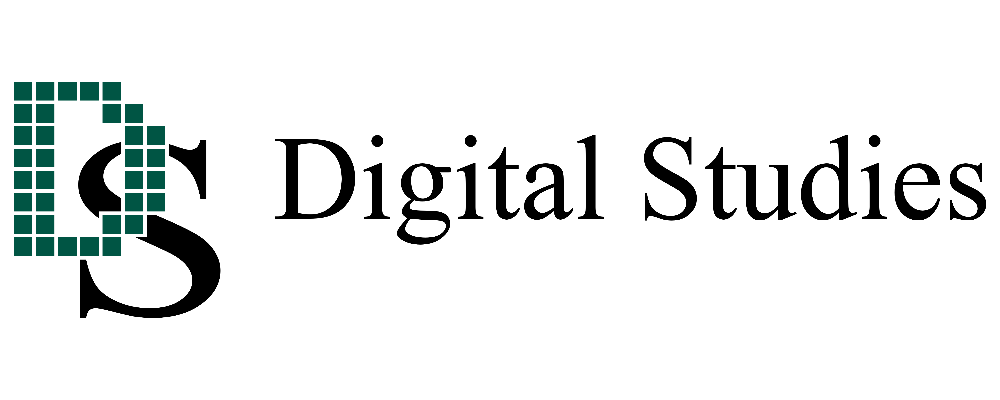Abstract
From the actual algorithmic governmentality to the new rule of law it needs
Session of October 7, 2014, recorded at the Centre Pompidou (Salle Triangle)
The second session of the Digital Studies seminar of this autumn focused on the theme: “From the actual algorithmic govermentality to the new rule of law it needs”. Antoinette Rouvroy (doctor in legal sciences and researcher at Namur University), and Bernard Stiegler (philosopher, director of the Institute for Research and Innovation) took part in this debate.
Antoinette Rouvroy’s conference, leaning on Foucault’s notion of “regimes of truth”, explored the question to know how the “algorithmic governmentality”, that appeared with the digital, constitutes a new mode of ruling behaviors, with crucial repercussions in terms of epistemology, semiotics and law. She highlighted a crisis of the notion of representation, conveyed by the ideology of big data according to which the “raw data” would allow to discover truth directly from the reality. Through the work made on these data, which erases their meaning, three sources of uncertainty tend to be suspended: subjectivity, selectivity and potentiality. While showing the consequences of this ideology of big data on personal identity, which leads to the paradox of a hyper-personalization combined to a fragmentation and an isolation of the individuals, Antoinette Rouvroy also indicated three kinds of “recalcitrances” to this movement, that are the uneffectuated of history, the uneffectuated of future and the human clemency.
Bernard Stiegler’s lecture added to these reflections the idea of a right of algorithmic govermentality, which still needs to be constructed. The indispensable nature of a differentiation between fact and right is especially illustrated by the refutation of Chris Andersen’s text The End of Theory, which postulates the inutility of the formulation of scientific hypothesis and theories at the time of big data. Bernard Stiegler showed the necessity of an effort of interpretation of the raw data, leaning on the Kantian distinction between the “understanding”, whose analytical processes are computational and automatable, and the “reason”, whose synthetic processes escape the rule of automaticity and make people able to decide. He also underlined the link between algorithmic automaticity and the problems raised by contemporary capitalism, in particular its consequences on employment. It is then essential to call up our reason, oriented toward the establishment of transindividuation circuits, to develop a new model as of now.
Video of the session
